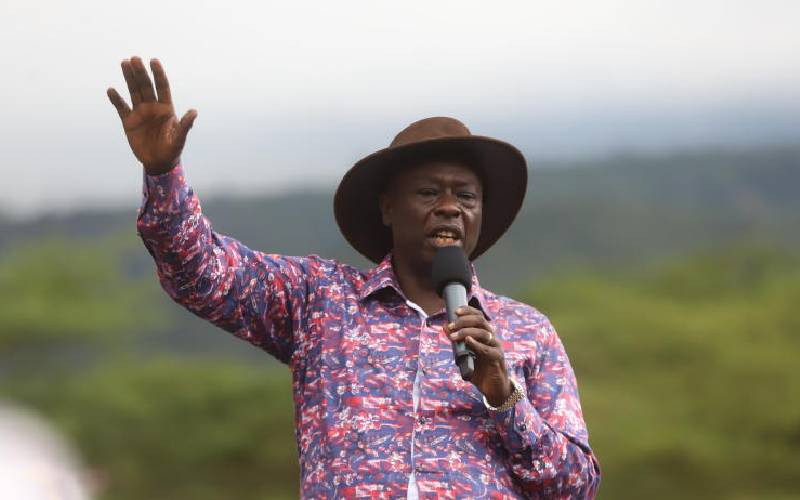
Having developed an image of an irritant and clumsy deputy president since he took office with President William Ruto after the 2022 election, the rapid transformation of Rigathi Gachagua into an engaging politician has taken many by surprise.
He has scored quick victories over the last 14 days, first succeeding in pushing for an amendment to the UDA party constitution and succeeding in having only one position of deputy party leader, followed by his allies winning 14 out of 17 slots in the UDA grassroots party polls for Nairobi.